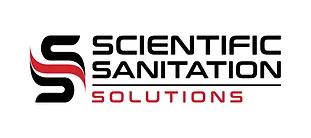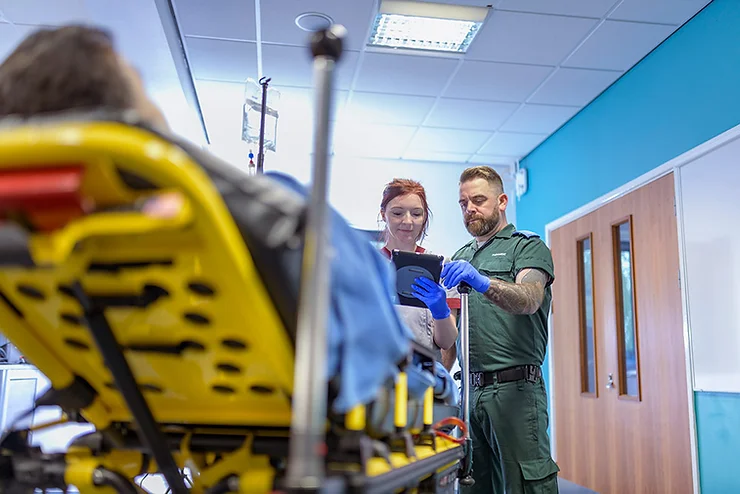Within the realm of healthcare, the significance of upholding impeccable infection control cannot be overstated. As experts in infection control at Scientific Sanitation Solutions, we understand that one of the keystones of a robust strategy lies in hand hygiene. In the dynamic and fast-paced environment of NHS healthcare settings, where patient well-being is paramount, adopting effective hand hygiene practices becomes an absolute necessity. Let’s delve into the critical moments when hand hygiene should occur, the impact of soap and alcohol-based hand rub (ABHR) on skin health, the importance of behavioural change and education, and the role of hand hygiene in addressing emerging infectious diseases.
Five Critical Moments for Hand Hygiene
- Before Patient Contact: Prior to interacting with patients, caregivers must cleanse their hands meticulously. This prevents the transfer of potentially harmful microorganisms from the healthcare worker to the patient.
- Before Aseptic Tasks: Any procedure that involves sterile equipment or body sites necessitates clean hands. This helps prevent the introduction of pathogens into sterile areas.
- After Patient Contact: Once patient care is completed, healthcare workers must cleanse their hands to remove any potential pathogens that may have been transferred from the patient.
- After Exposure to Body Fluids: Whenever healthcare workers come into contact with bodily fluids, they must promptly sanitise their hands to prevent cross-contamination.
- After Touching Patient Surroundings: Frequently-touched surfaces in patient surroundings can harbour pathogens. Cleansing hands after touching these surfaces minimises the risk of transmitting microorganisms.
While effective hand hygiene is crucial, it’s important to address the potential impact on the skin. Frequent handwashing with soap and water, although effective, can lead to skin dryness and irritation. ABHR, on the other hand, offers a practical alternative that maintains efficacy while being gentler on the skin. Striking the right balance between these methods is key to ensuring both infection control and the well-being of healthcare workers.
The success of any infection control strategy hinges on behavioural change and education. Healthcare workers must be educated on the rationale behind hand hygiene practices, the correct techniques, and the impact it has on patient safety. Ongoing training and reminders foster a culture of vigilance, making hand hygiene a reflexive action rather than an afterthought.
The landscape of healthcare is continually evolving, with new infectious diseases constantly emerging. Hand hygiene remains a stalwart defence against these threats. The outbreaks of diseases like COVID-19 underscore the importance of regular and rigorous hand hygiene to curb the spread of infections.
At Scientific Sanitation Solutions, we recognise the pivotal role of hand hygiene in safeguarding patient and healthcare worker well-being. Our revolutionary SANI-99™ sanitiser, proven to annihilate 99.9999% of germs and harmful bacteria, complements hand hygiene practices to provide a comprehensive infection control solution. By seamlessly integrating SANI-99™ with stringent hand hygiene practices, healthcare facilities can establish a robust defence against infectious diseases while prioritising skin health.
In conclusion, hand hygiene is the linchpin of an effective infection control strategy in NHS healthcare settings. By adhering to the critical moments for hand hygiene, acknowledging the impact on skin health, championing behavioural change and education, and addressing emerging infectious diseases, we can collectively fortify the frontline of defence against infections. It’s our shared commitment to patient safety and healthcare excellence that propels us forward in the pursuit of healthier tomorrows.



